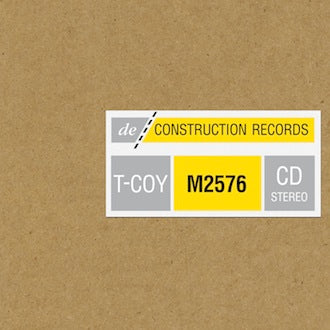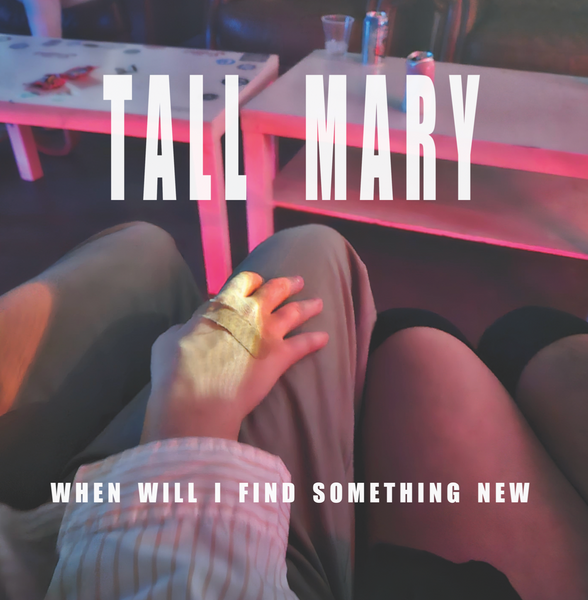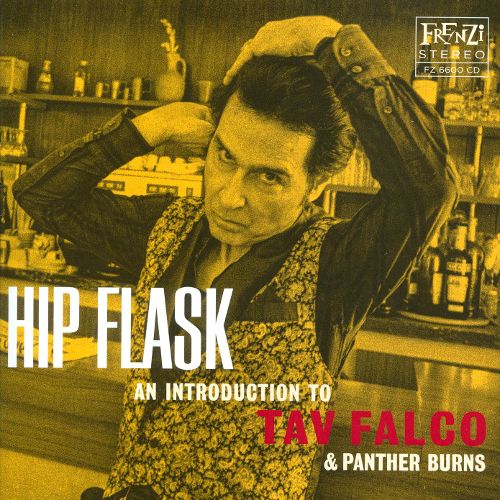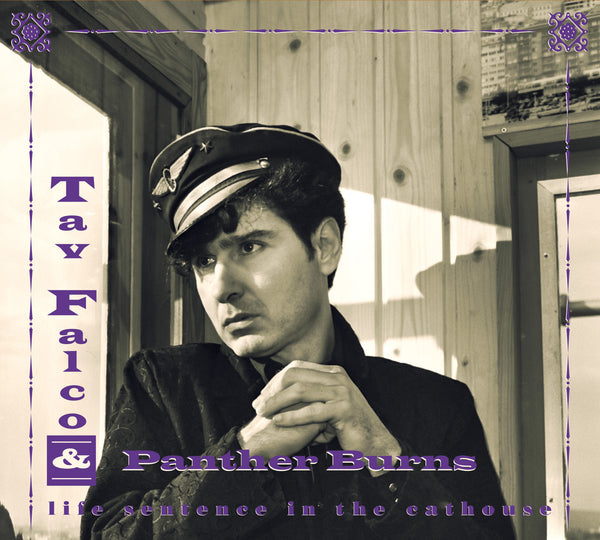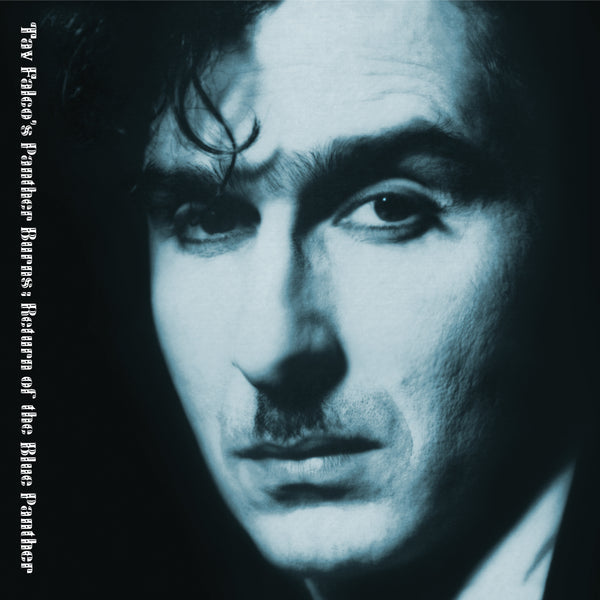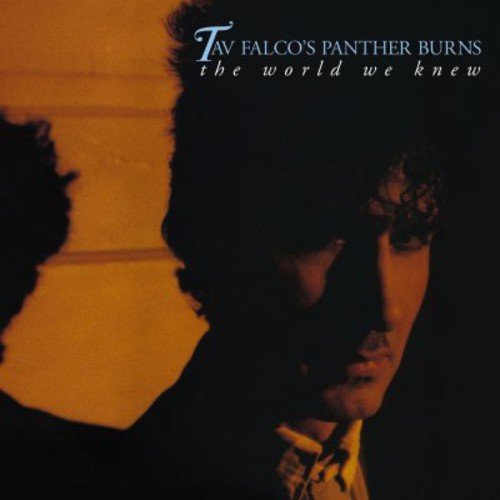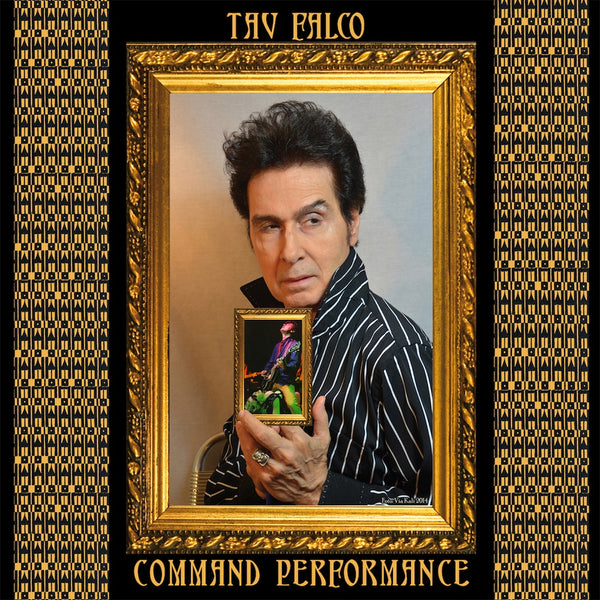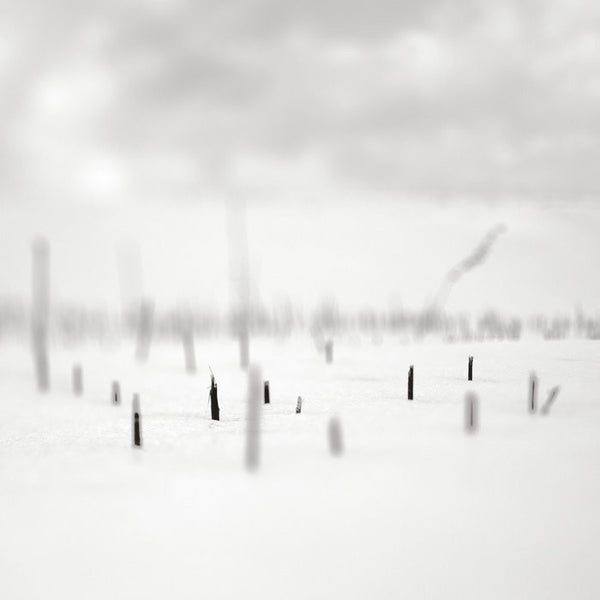4. This Once Was An Island
9. From A Pale Blue Rosary
10. Say Goodbye To The Sea
When the TREMBLING BLUE STARS announced that they quit playing live, some fans started being afraid of losing an important part of their lives. But there was no reason. "The last holy writer" is the prove that one of the most influential bands in indie-pop is at its most creative, daring and inspired, now more concentrated than ever in writing the most beautiful pop songs you've heard for ages.
"The last holy writer" is the sixth album by TREMBLING BLUE STARS, the second one we release worldwide through Elefant Records. A big honour for a label that has been always run by fans, who have followed and admired Bobby Wratten's career since the early times when he fronted the now mythical THE FIELD MICE. On this sixth long-player, Wratten's writing climbs to its highest peaks, free of any stylistic ties and ready to explore new territories, without leaving aside his sentitive ambient-pop, evocative melodies and the eternal reference to the sound of the early 80's afterpunk.
The album opens with an avant-country experiment ("By false lights"), which marks the way to follow: this album is dark, intimate, melancholic and cloudy, but every now and then there's rays of sunshine coming in through the clouds, riding sunny melodic breezes. SLOWDIVE and THE CURE are still good references for this music, but they are too short to describe the unique sound of TREMBLING BLUE STARS, a sound that's ready to mingle melodic, sensitive pop with many electronic sounds, distorsions, noises, static and even field recordings that envelope the songs with a nostalgic halo. On one song, percussion is provided by footsteps on dry branches and shingles, and on another song a recording of dawn on the Romney Marsh provides the backdrop.
On the song "Idyllwild" they talk about a city in California (the demos for this album were recorded in Los Angeles) with a Rickenbacker sound that makes one think of psychedelic pop bands from the 80's like THE RAIN PARADE, filtered through the ambient-pop style we have learnt to love from them. Beth Arzy's crystalline voice is also specially bright in "From a pale blue rosary", a song that could have been played by MAZZY STAR or GALAXIE 500 at their most Velvet-ish moments. Because on this album there's folk, and there's electronica and 80's influences and, of course, there's the best pop music you can hear, as in that gorgeously melodic avant-country-pop gem that is "The tenth of always".
After the avant-garde, almost gothic experimentation of "Schnee gletscher glas" (a song inspired by the painting of the same title by modernist painter Bruno Taut, introduced by the voice of Daniela Neuhauser, from the band MALORY), "November starlings" feels like a ray of light, or "a trace of sunshine in the winter", as the lyrics say. However, soon the clouds appear again in all their darkness: the title on "Darker, colder, slower" says it all.
"This once was an island" or "Say goodbye to the sea" sail over programmed, glitchy rhythms, an indietronic mattress over which they lay the sweetness of a glockenspiel or the elegance of a cello (once again, they had the help of ELO's Hugh McDowell on string arrangements, as on the previous album). McDowell is also responsible of the majestic string quartet introduction to "A statue to Wilde", a tribute to Oscar Wilde, Derek Jarman and London's Theatreland where the delicacy of a music box (bought at Universal City, California) and the pounding beat of an almost martial live drum mingle without a hint of a problem. Beth's voice, one of the most evocative and beautiful you have heard from an indie-pop band, closes this wonderful album with which, we don't have a doubt about it, you will fall in love again with Bobby Wratten's music. They have hit the target again.

